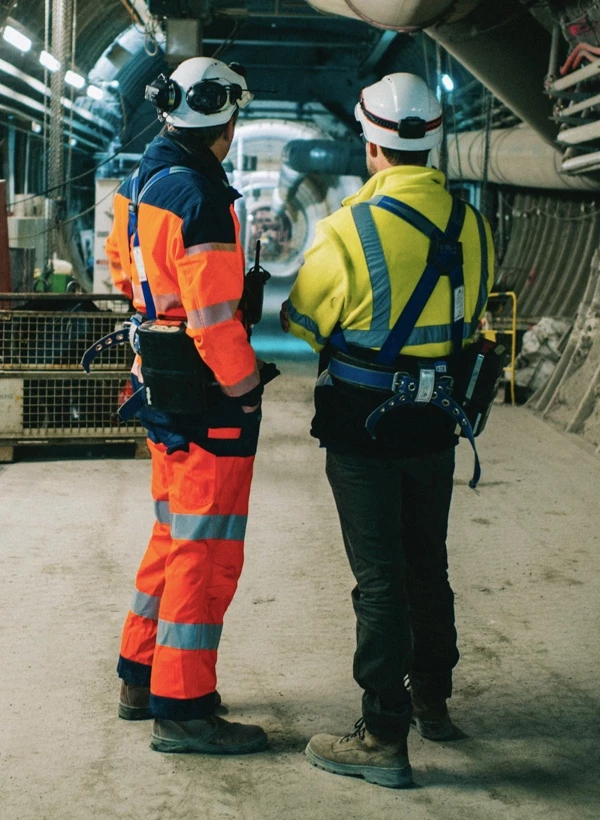
As part of the Nuclear Operational Excellence Program (PEON), GIFEN organized a "Kaizen" learning expedition to Japan at the end of June. Representatives from SBS Forges, CSTI, Framatome, and GIFEN had the opportunity to engage with Japanese experts from Toyota, who are renowned for their operational excellence.
This learning expedition was focused on practical experience, encompassing six site visits over five days, including locations at Toyota, its suppliers, and two companies within the Japanese nuclear sector.
The delegation also took the opportunity to meet with JAIF, the counterpart of GIFEN, as well as with the Japanese Ministry of Economy, Trade and Industry (METI), which provided an overview of the context surrounding the revival of Japan's nuclear program.
The main goal of the learning expedition and its crucial lessons
It was dedicated to understanding the Toyota Production System (TPS), which is Toyota's operational excellence framework, and its application within the supply chain. Toyota agreed to share the key principles of quality embedded in the TPS. This provided an opportunity to meet some of the best "sensei" (masters and custodians of knowledge) and learn from their experiences.
Regarding the teachings, Christophe Veron, the PEON manager at GIFEN and the organizer of this learning expedition, provides us with the following details:
"There are numerous lessons to be learned, as you can imagine. It is important to recognize that they are several steps ahead of us in terms of understanding continuous improvement in operational performance.
First and foremost, I would like to emphasize our commitment to continuously pursuing every possible improvement. This is an ongoing effort that involves the active participation of every employee and manager over the long term.

Employee training is a key focus, featuring practical training centers (dojos) that cover a wide range of topics, including welding, maintenance, electromechanics, and automation.
The second key takeaway is the importance of establishing standards that assist operators in achieving efficiency. Work standards should be focused on the critical aspects that enable them to perform tasks effectively and achieve optimal quality.
The essence of kaizen, which embodies the concept of continuous improvement, is not just a mere phrase but a genuine mindset. It encourages every employee to implement enhancements that simplify processes and enhance comfort in their work.
The third and perhaps most important lesson is the emphasis on rigor, prioritizing the effectiveness of the system, respecting each individual, and maintaining operational pragmatism to enhance performance. This includes starting each meeting promptly, considering all suggestions for improvement, making swift decisions, and implementing them quickly. It is essential to demonstrate that everyone has value and to provide each person with the opportunity to contribute their best."

What are the next steps?
For all participants, the lessons learned are applicable to their respective organizations, with a primary focus on leadership and individual engagement.
For Olivier Bard, who participated in this learning expedition: "What we observed at Toyota and its suppliers is applicable and even essential within our nuclear industry. These are straightforward principles that we are committed to implementing in the Operational Excellence Program for the nuclear sector. We aim to apply them rigorously and seriously with three main objectives: to tirelessly eliminate waste; to leverage the power of standardized work; and to focus on employee training to ensure the mastery of best practices."

